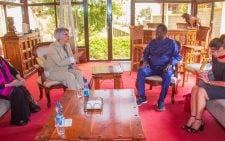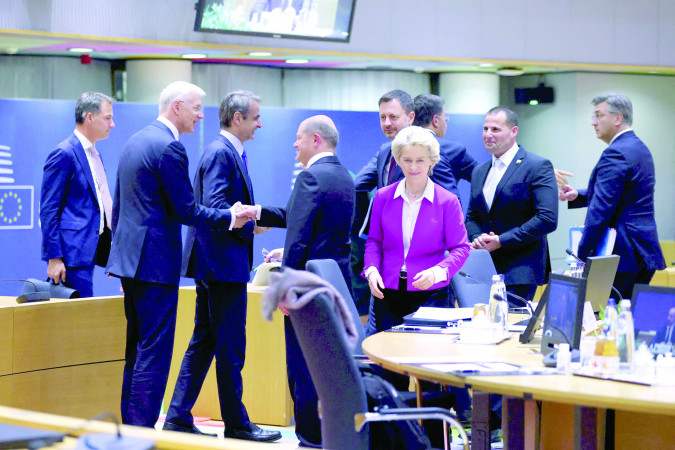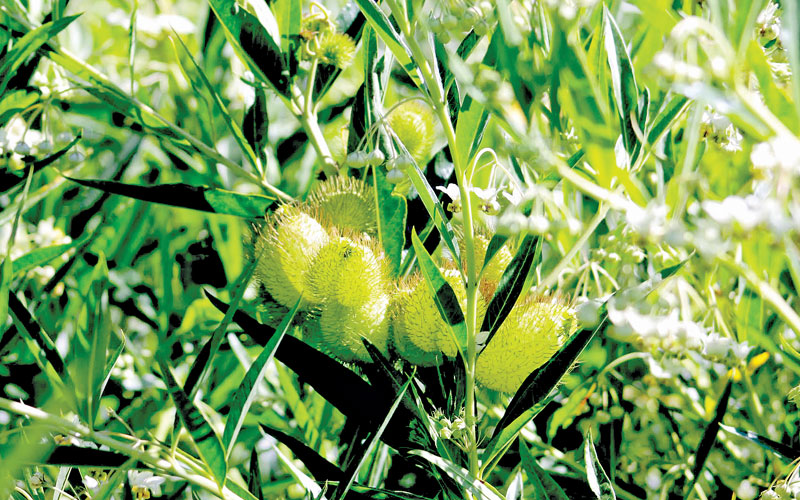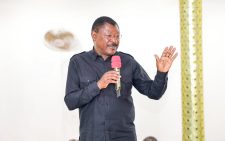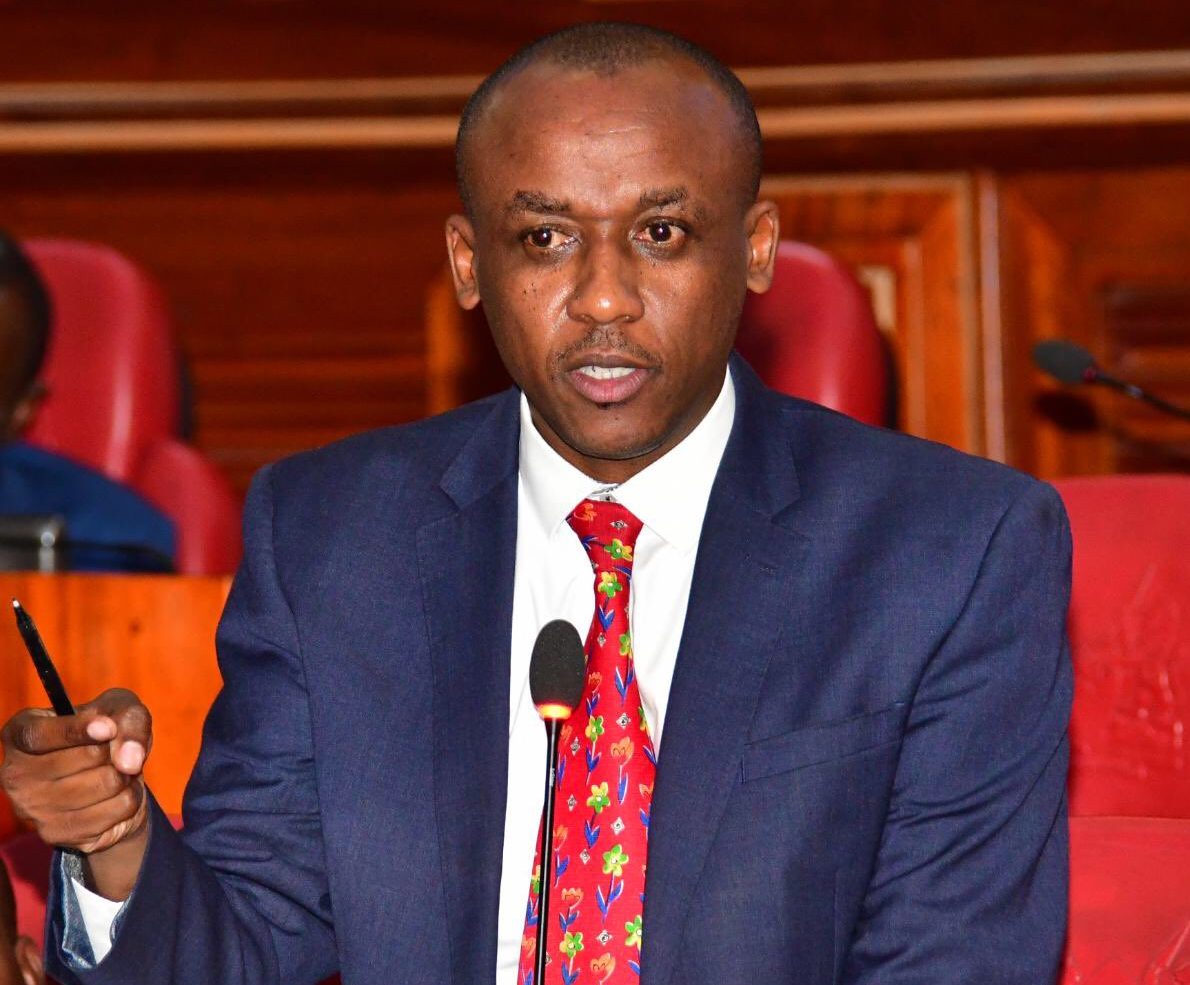EU calls on State to uphold freedom of expression rights

The European Union has urged the government to uphold the right to freedom of expression, including for media practitioners and ensure that attacks against journalists are properly investigated and sanctioned.
The call comes at a time when reports indicate that violent attacks and harassment targeting journalists are rarely conclusively investigated.
Reports further indicate that the attacks are perpetrated by the officers of the National Police Service, the very organ mandated by law to ensure safety and security for all Kenyans.
Even in cases where the perpetrators, mostly police officers, are known, detectives have always written reports indicating that the journalists were attacked by criminals.
“Such attacks, perpetrated by presumed guardians of law and order, amount to assaults against constitutional guarantees of media freedom,” the Crime Journalists Association of Kenya (CJAK) Secretary General Brian Obuya said.
Equipment damaged
Following the disturbing trend where some of the journalists have had their equipment damaged and confiscated as they perform their duties, human rights and oversight organisations and the European Union Election Observation Group among other organisations have expressed concern over such attacks.
On January 17, the Ministry of Foreign and Diaspora Affairs wrote to the Inspector General Douglas Kanja highlighting the concerns of the European Union
Amongst many observations the European Union team highlighted the lack of respect for freedom of the press as journalists continue to face attacks and press associations admit pressure by media owners on coverage of political topics.
The EU said the Kenya Police and the Office Director of Public Prosecutions (ODPP) should uphold the right to freedom of expression, including for media practitioners and ensure that attacks against journalists are properly investigated and sanctioned.
The IG directed the Director of Criminal Investigations Mohammed Amin to forward all cases regarding journalists that the DCI has investigated since the last elections.
“Also highlight efforts made to ensure that the rights of media practitioners are upheld,” the IG directed.
The brief, as directed by the IG, included the brief circumstances of the cases including date and place, status of investigations, and the outcome of such probes.
During protests, dozens of journalists have been physically assaulted, arrested and detained, and even their equipment damaged by security officers and the protestors.
Police impunity
Reacting to the latest development, the Kenya Union of Journalists Secretary General Eric Oduor complained that police have been acting with impunity when dealing with journalists during protests instead of offering them protection.
He said that despite leaders from the media sector holding a meeting with senior police officers sometimes last year during which it was agreed that action would be taken, no officer has been charged in court.
“IPOA also promised that investigations will be launched to apprehend officers who use excessive force against journalists, but nothing is forrhcoming. All these point to lack of interest by police authorities to investigate cases of violence against journalists,” says Oduor.
He further stated : “We are aware that EU has sought some explanation regarding these investigations, and we hope police authorities will not give false information or their favourite line of “we are still investigating.”
According to the International Press Institute, authorities must investigate any incidents of violence, prioritize journalists’ safety, and guarantee unrestricted access to information including by keeping the internet on.
Among the journalists who have been arrested in the past, especially while covering protests, include Ben Kirui of Citizen TV, Associated Press (AP) journalists Joe Muhia and Iddi Ali Juma, NMG Taifa Leo’s Sammy Kimatu, Justus Mwangi of The Standard.
Others are John Omido of KBC, and Collins Olunga, a photojournalist for Agence France-Presse (AFP). Kimatu and his colleagues were thrown out of a moving vehicle.
Nakuru-based K24 TV’s Catherine Wanjeri wa Kariuki was attacked in July last year while wearing a press vest and carrying a labelled microphone. Police shot her three times and had rubber bullets lodged into her thigh.
Other scribes who have been assaulted in the past include former Daily Nation reporter Wanjohi Githae, Brian Obuya, Daily Nation’s Laban Walloga, Robert Maina of Inooro TV who was beaten and his equipment confiscated by officers from Njoro Police Station in Nakuru County as he covered student unrest at Egerton University.
According to the Media Council of Kenya (MCK), journalists have been facing various threats. The incidents include abductions, beatings, online harassment, among others.
Veteran journalist Macharia Gaitho was abducted by DCI officers who later claimed it was a case of mistaken identity.
Press freedom was enshrined in the 2010 Kenyan constitution, making the country one of the most progressive in the region in terms of protections. However, the relationship between the state and the press has always been tumultuous, and it has continued to worsen.
Kenya fell from 69th to 116th in the 2023 Reporters Without Borders World Press Freedom Index.
“What started as a perception about biased media coverage of the 2022 general election has now escalated into full blown conflict pitting the Government against the media; resulting in unwarranted threats, blame games, coercion, intimidation and bad blood,” the Media Council of Kenya wrote in a statement.
Last year, following continued attacks, hundreds of journalists held their own protests across the country.
